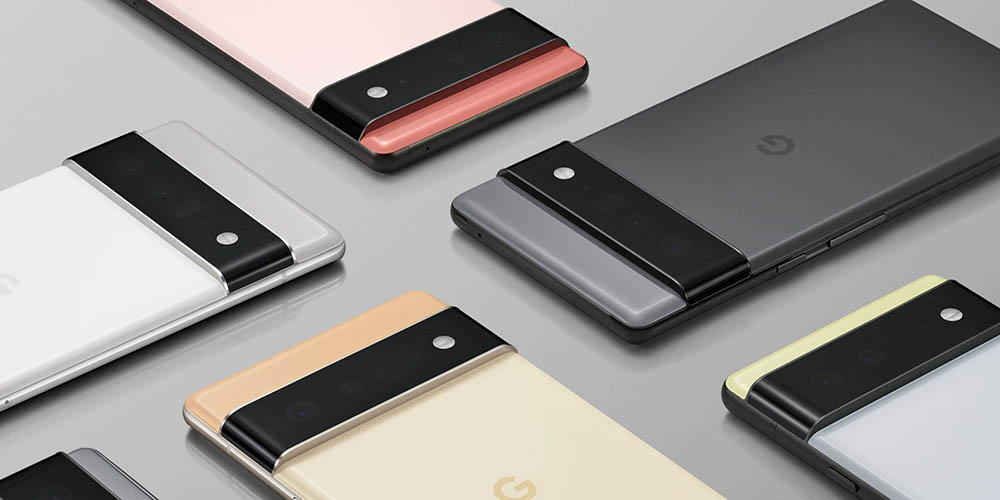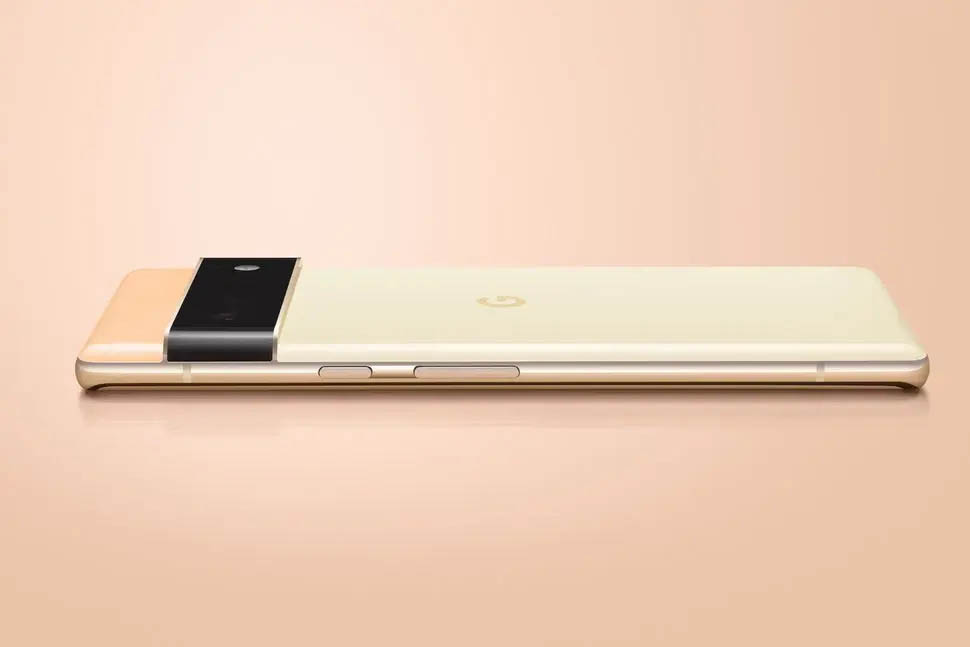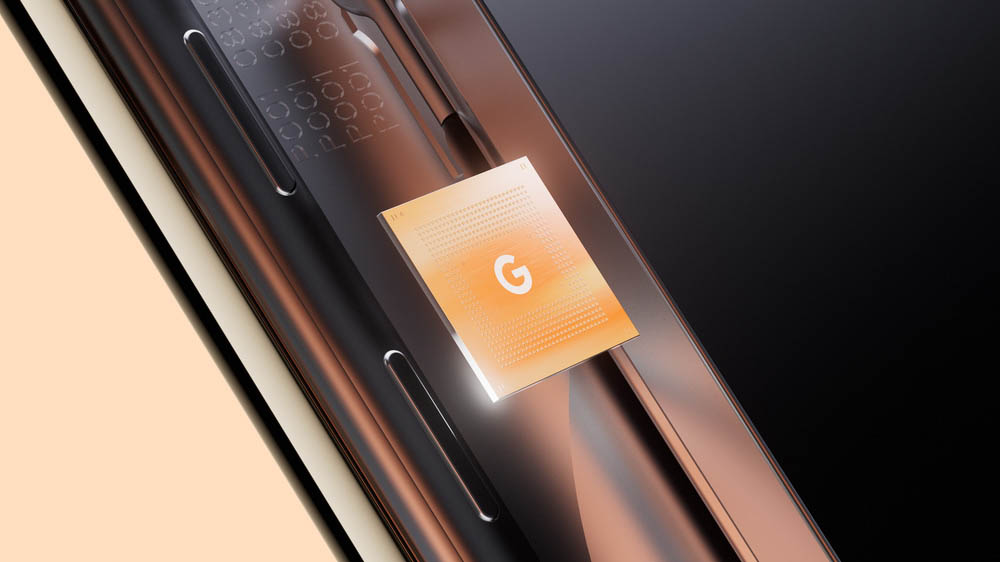Google Tensor: its own smartphone chip
Apple has been successful for years with its own chips. The company surprised in 2010 by announcing the Apple A4, an in-house developed chip in the iPad. A few years later, Apple surprised again with the Apple A7, the first 64-bit chip for smartphones. And more recently, Apple had success with the M1 chip, which is much more efficient and economical than Intel. Now Google is also working on its own System on a Chip (SoC), after years of relying on Qualcomm. The Pixel 6 and Pixel 6 Pro are the first to use it. Why is Google doing this? And does it pose a threat to the Apple iPhone?
- Why Google Tensor is good news for iPhone users
- What is Google Tensor?
- Google Tensor vs Apple: many similarities
- Why does Google make its own chips?
- Is Tensor a threat to Apple?
Why Google Tensor is good news for iPhone users
Google Tensor should could turn out to be positive for iPhone users. The Pixel phones are not serious competition for the iPhone in terms of sales, but Google can put Apple on edge with new features that the iPhone does not yet have.
In recent years, Apple has had little competition when it comes to processor performance. Apple is in a comfortable position with the iPhone and hardly has to make an effort to sell millions of devices. But the company's honor is also at stake with the arrival of Tensor: Apple will have to ensure that it does not fall in the shadow of Google in terms of performance.


What is Google Tensor?
p>Google Tensor is named after the Tensor Processing Units (TPU), which Google uses in its own data centers. The name is also used for the open source TensorFlow machine learning programming environment. It is the first time that Google has developed its own TPU for a smartphone, with which more operations can take place locally on the device. Apple uses this as an argument that your data is locally more secure, Google will probably emphasize that it goes faster if you don't have to send data to the cloud.
Like the A14 Bionic, Google Tensor is not separate processor, but a SoC in which several components are integrated. They are components that Google has designed itself or purchased under license. Another similarity with Apple is that Google emphasizes how smart Tensor is, thanks to artificial intelligence and machine learning.
Google Tensor: specs
Many details about the CPU, the GPU and the amount of RAM are not yet available, but that could change in the coming weeks. It is presumably an 8-core CPU, produced with a 5-nanometer process. In comparison, the 5-nanometer Apple A14 Bionic has a 6-core CPU with two high-performance cores (Firestorm) and four energy-efficient cores (Icestorm).
In demos, Google mainly emphasizes the experience, for example how you can sharpen photos or translate a video from French to English in real time.


Google vs Apple: many similarities
Tensor includes co-processors for special tasks such as security and image processing. At Apple we know this as Secure Enclave and Neural Engine. It may sound like imitation now, but Google has been making Tensor Processing Units (TPUs) for its servers for years and previously made the Pixel Visual Core for image processing and the Titan M security chip for smartphones. However, there are major similarities between Apple's A chips and the Tensor chip that has now been announced.
Yet another similarity with Apple is that Tensor is based on the ARM architecture. Google's hardware boss Rick Osterloh has now confirmed this. This also applies to the Qualcomm chips that Google previously used. Most Android devices run on Qualcomm chips, but that will gradually change. Samsung and Huawei are also working on their own chips.
Why does Google make its own chips?
At Apple, the argument for making chips itself was mainly to be able to control everything in-house. Google is best known as a search and advertising company and as a maker of free software tools such as Chrome, Google Docs and Google Maps. Yet Google does make some hardware, such as the Google Nest speakers and the Google Nest products for your smart home. This is mainly the result of acquisitions. Google once wanted to take over HTC's smartphone division, but this fell through.


Google has been making Pixel phones for five years now, to show what is possible with Android smartphones. At Tensor, Google seems particularly interested in pushing the boundaries when it comes to artificial intelligence (AI) and machine learning (ML). In a blog post, Google explains that Tensor was mainly developed to show how people will use their smartphone today and in the future. That sounds a bit vague, but it gives the impression that it is mainly intended as a kind of showcase of what is possible.
Limitations in existing solutions would have inspired the company to work with Tensor. But perhaps also a factor is that Google does not want to lag behind the competitors who have also started working with their own chips and are looking for ways to be less dependent on Google and Qualcomm.
Is Tensor a threat to Apple?
Google has been making Pixel phones for a select audience for five years. In addition, they are only available in a limited number of countries in a limited number of countries. The Pixel phones are never official in the Netherlands and Belgium. sold, although you could purchase them through retail chains such as Fnac. They are therefore not devices for a wide audience, such as the iPhone.

The arrival of the Tensor chip will not change that much. Google has a negligible market share and will continue to do so. When the Pixel 6 and Pixel 6 Pro come on the market around October, they will be high-end devices, in a price range that is too high for many Android users.

